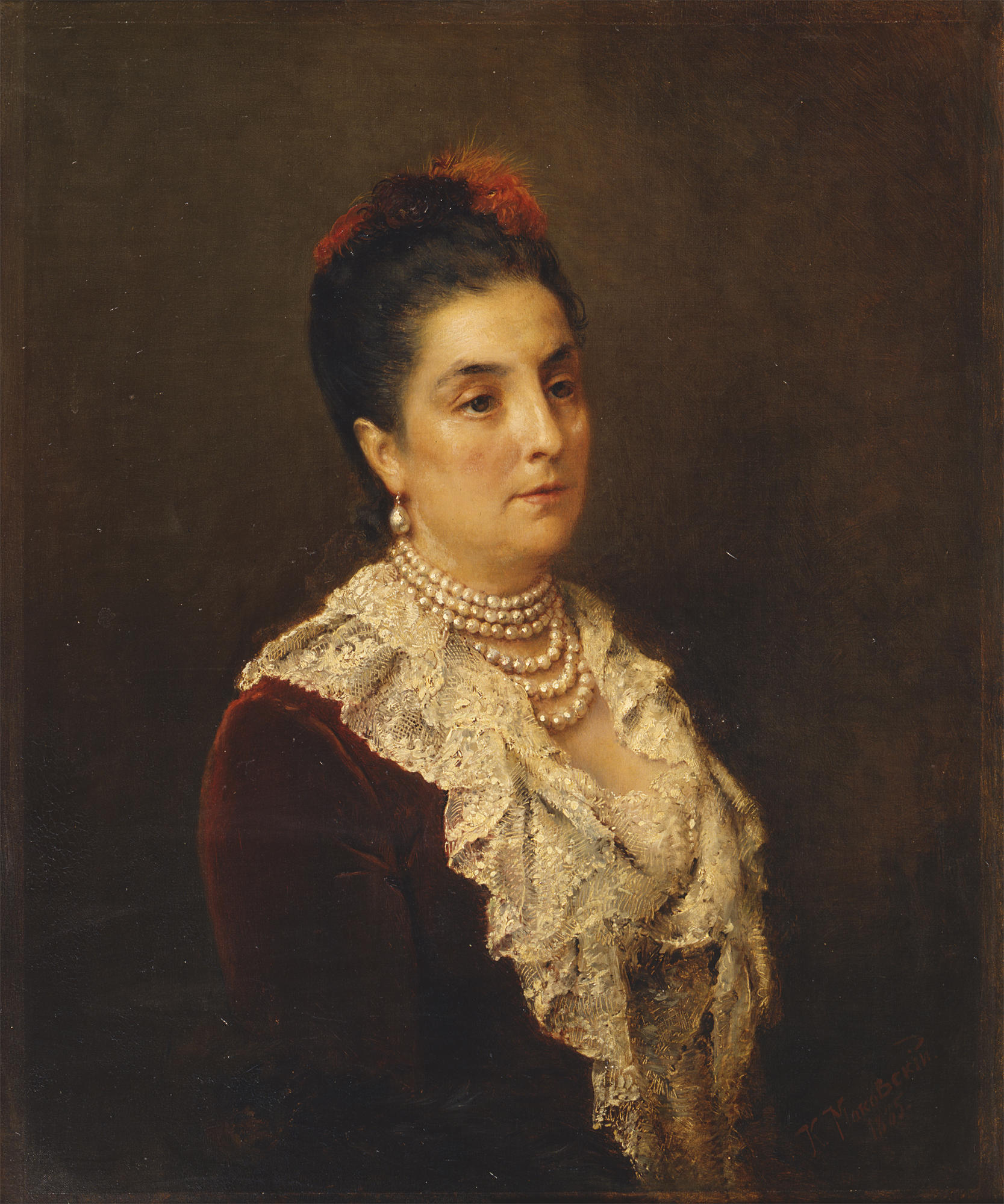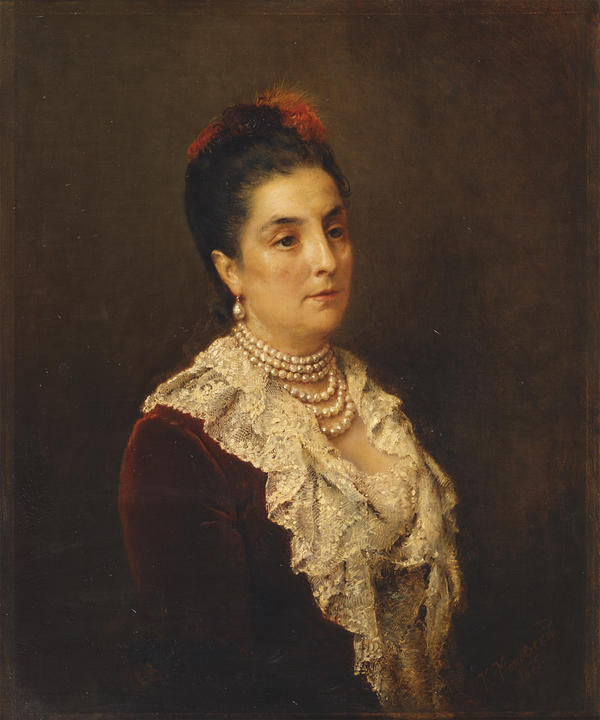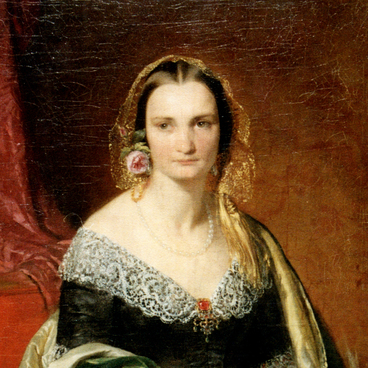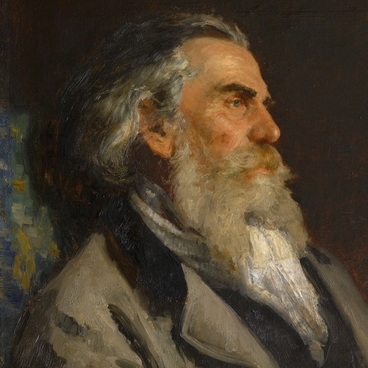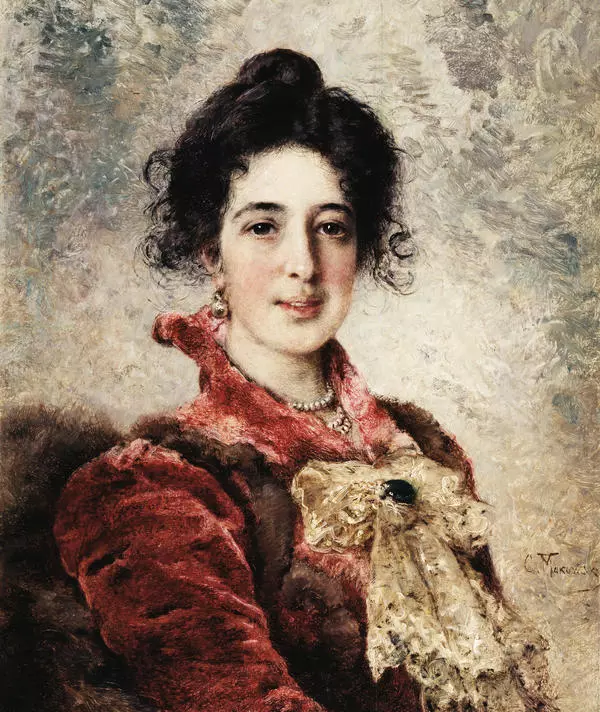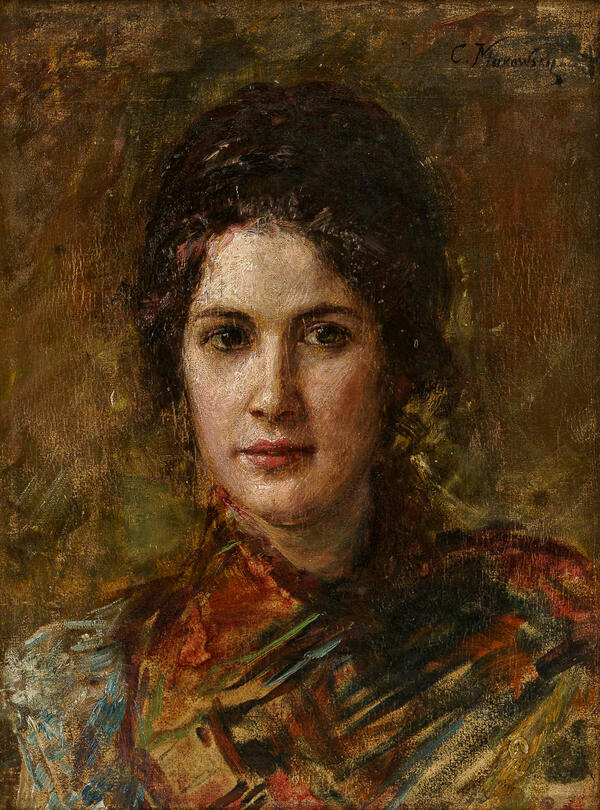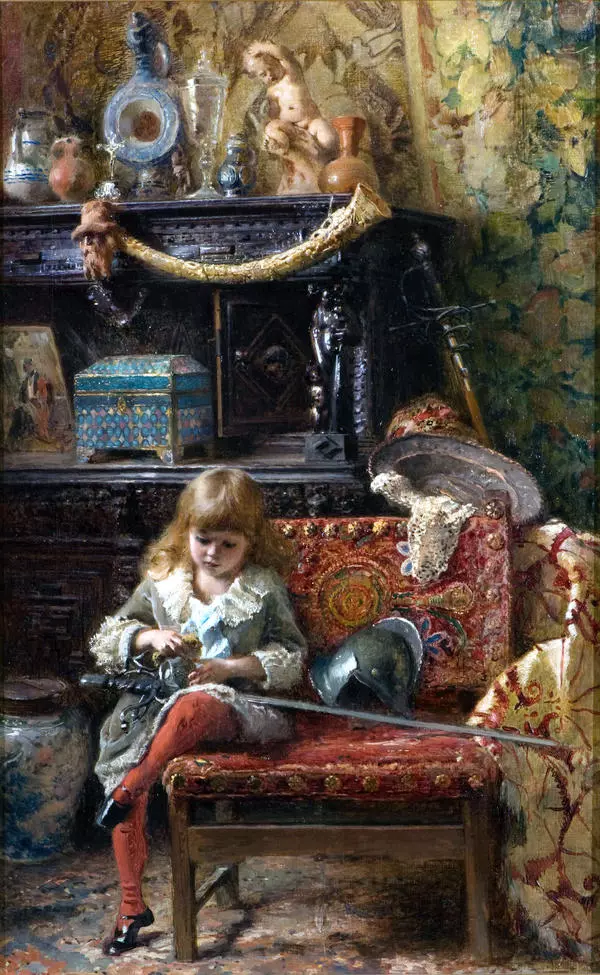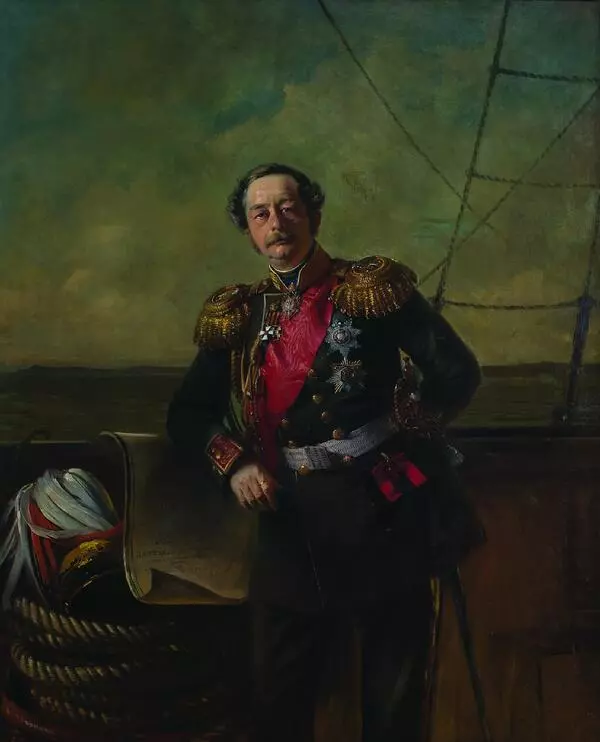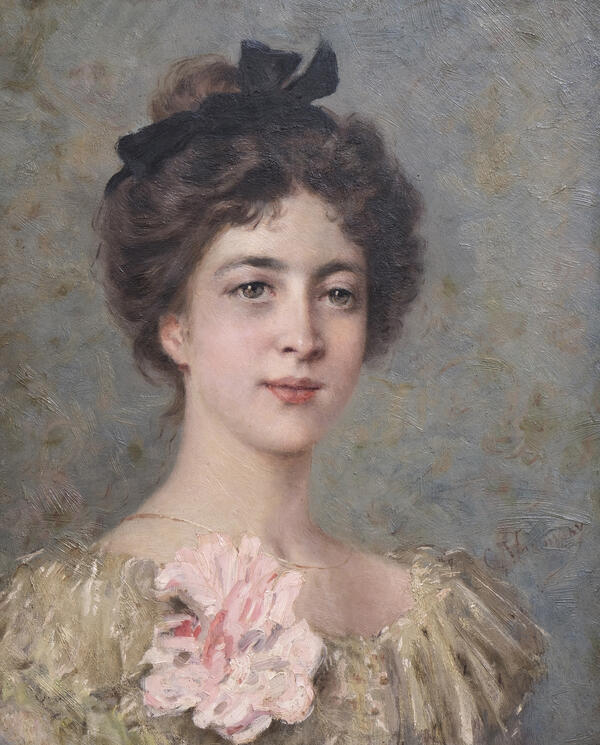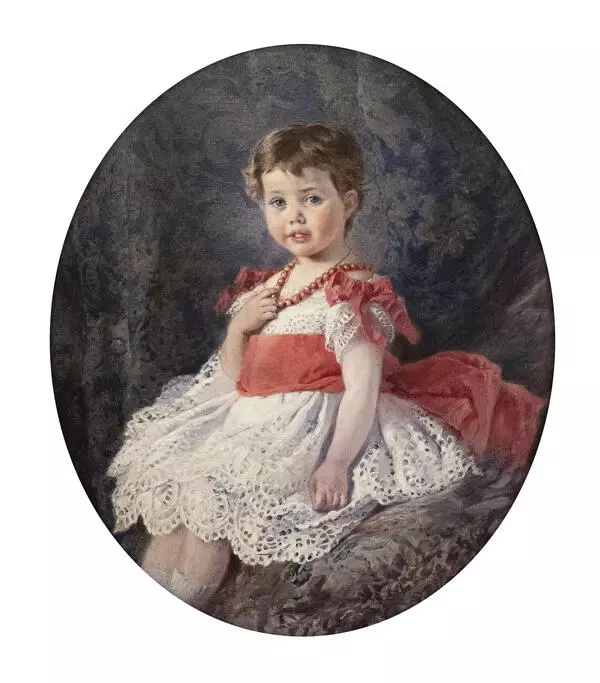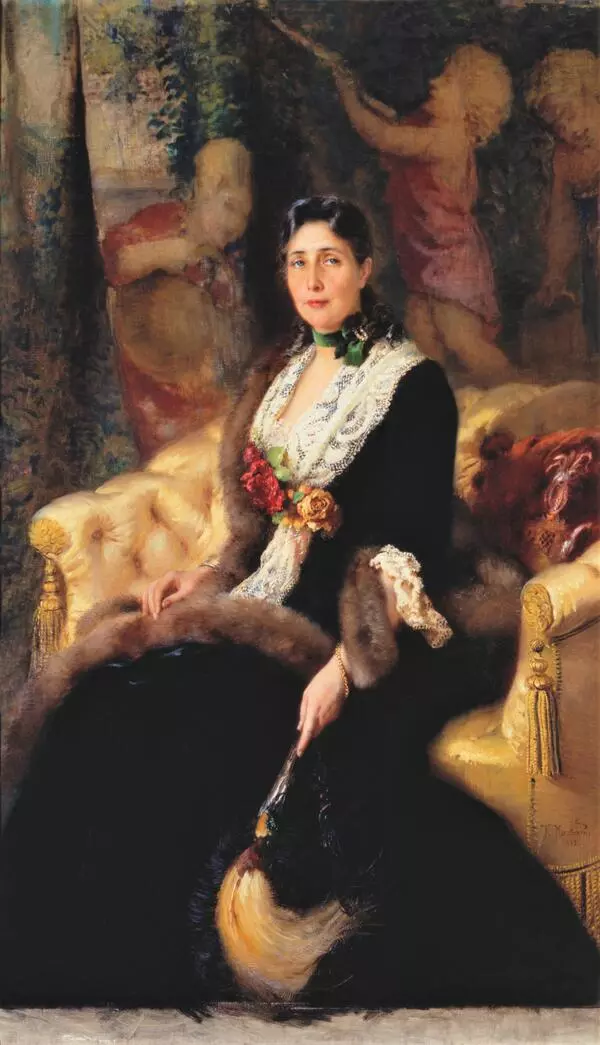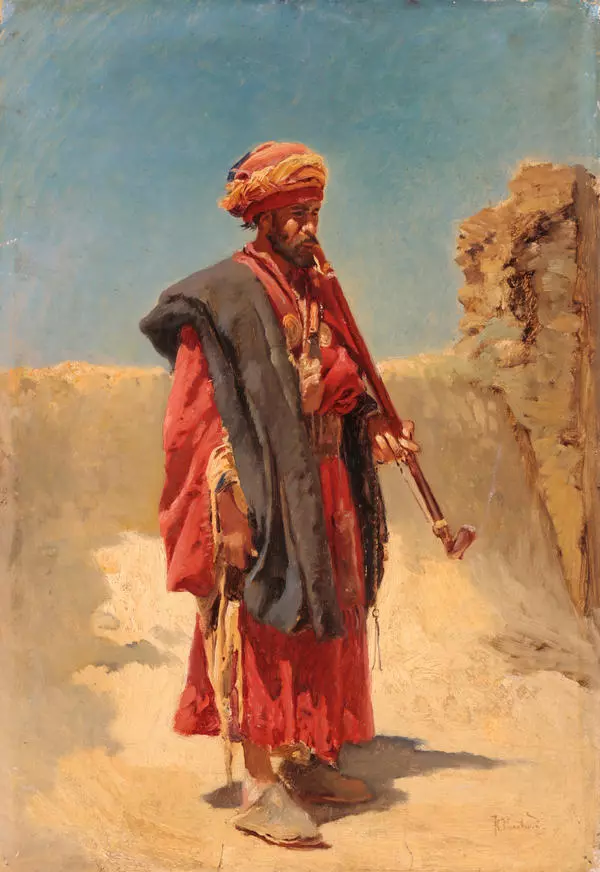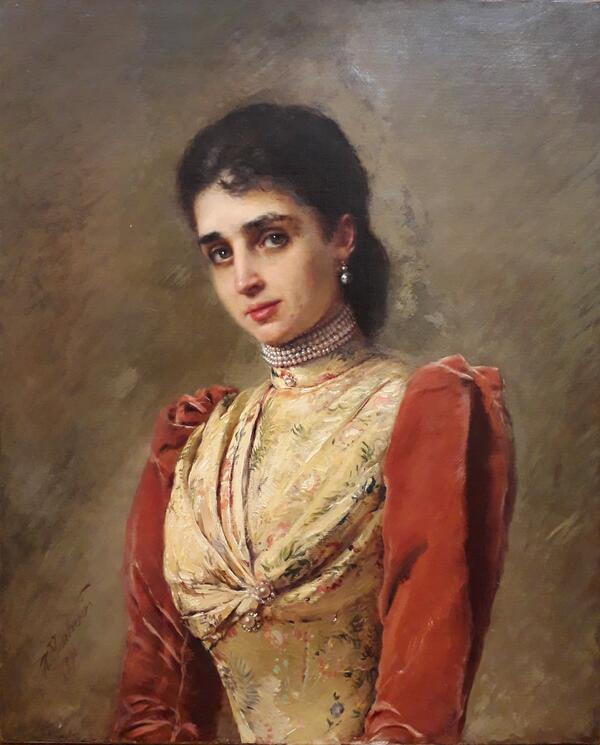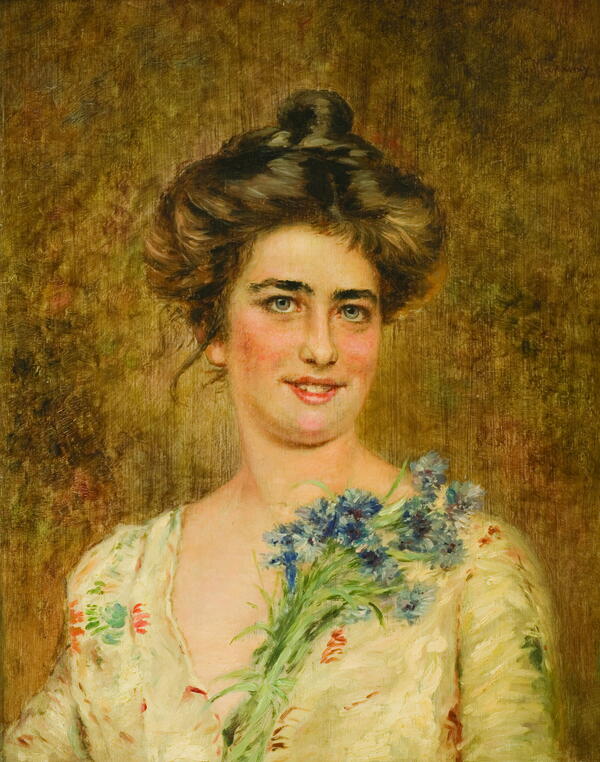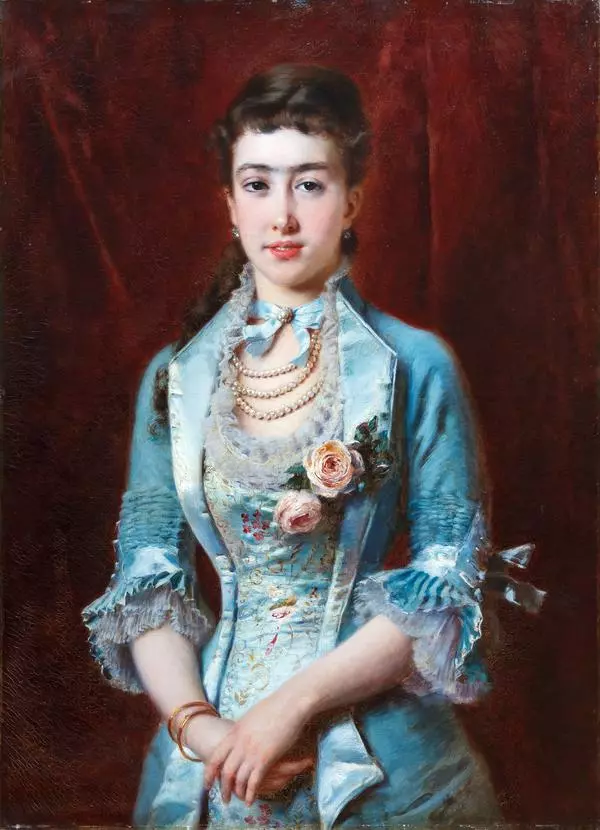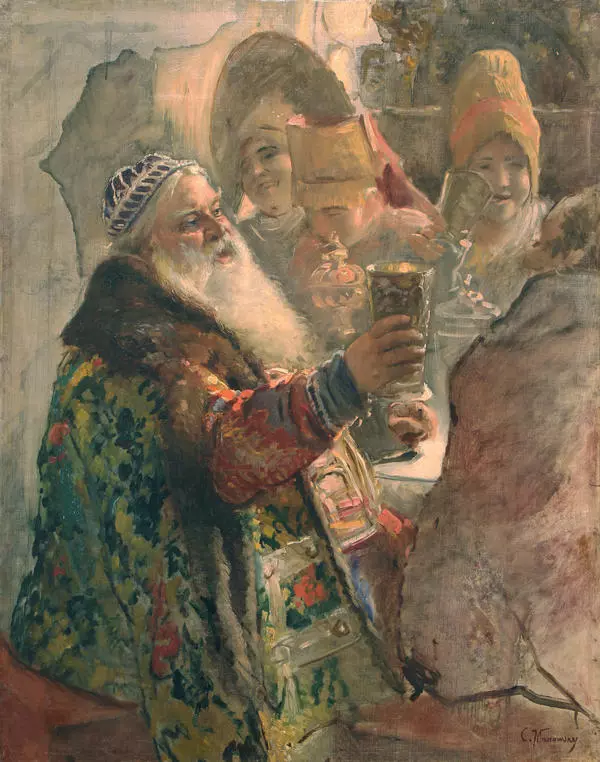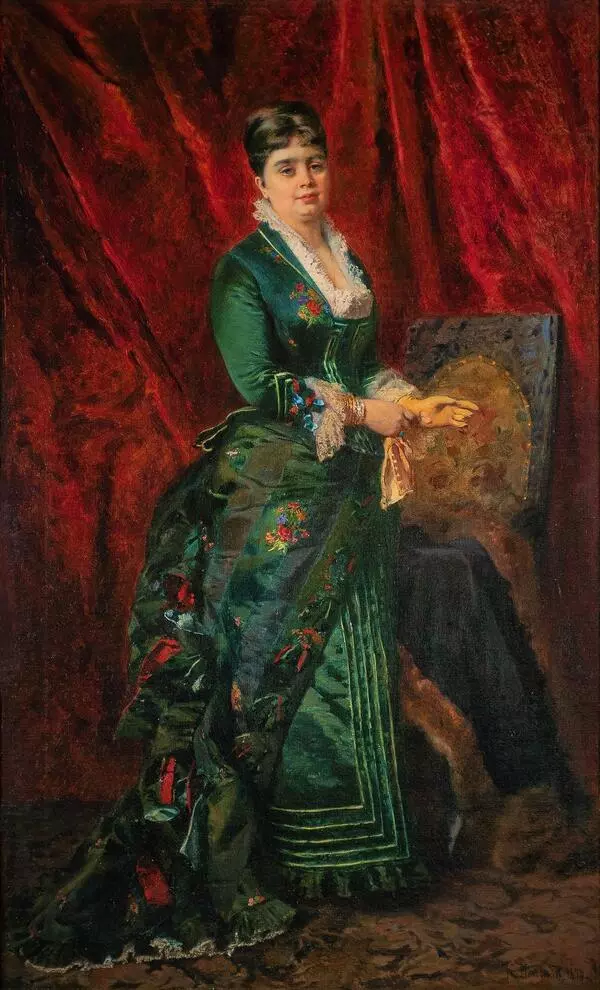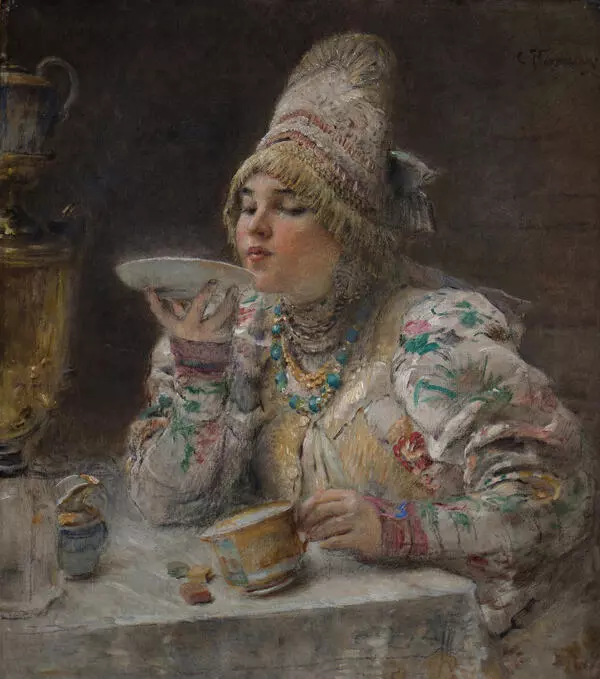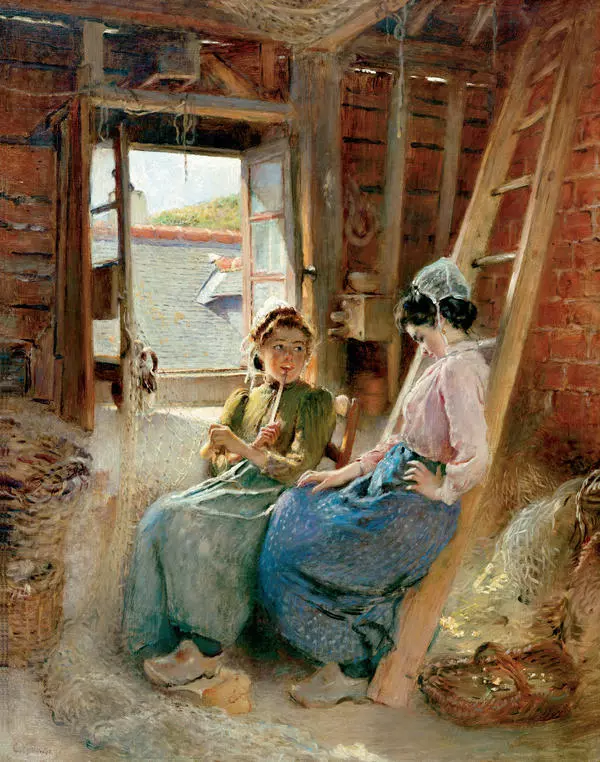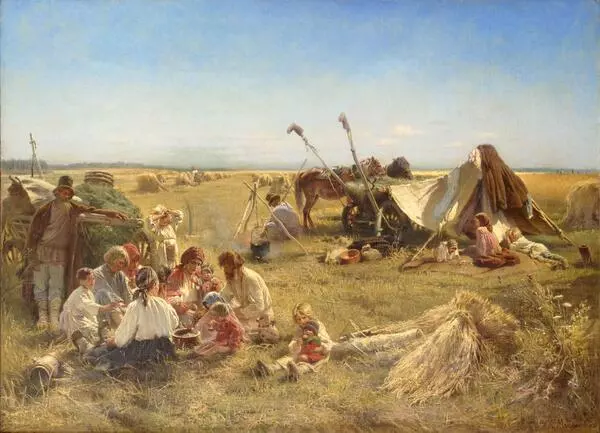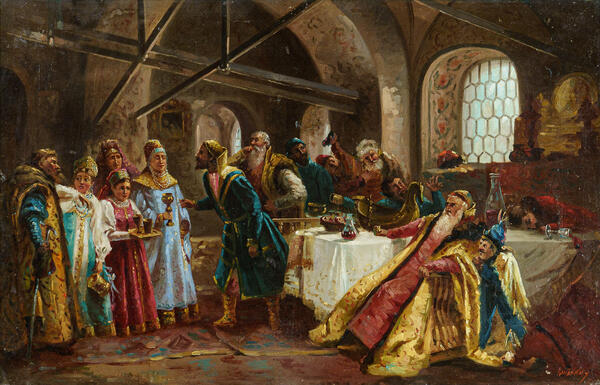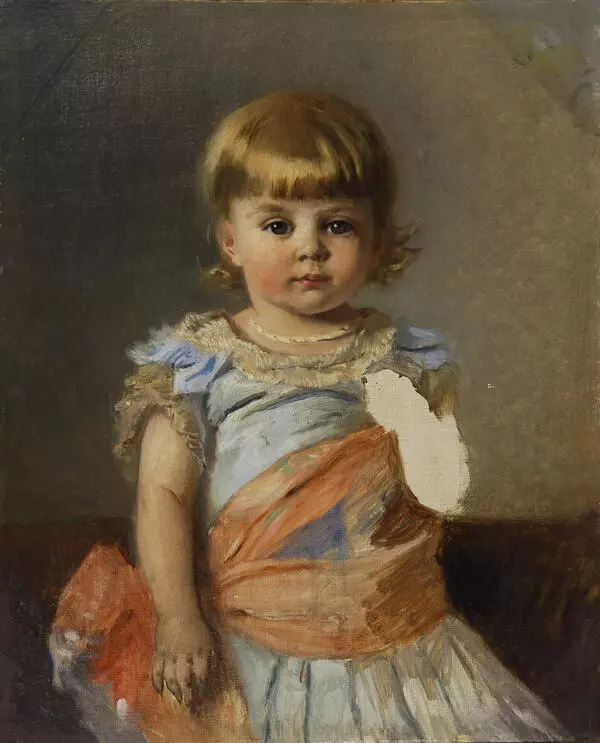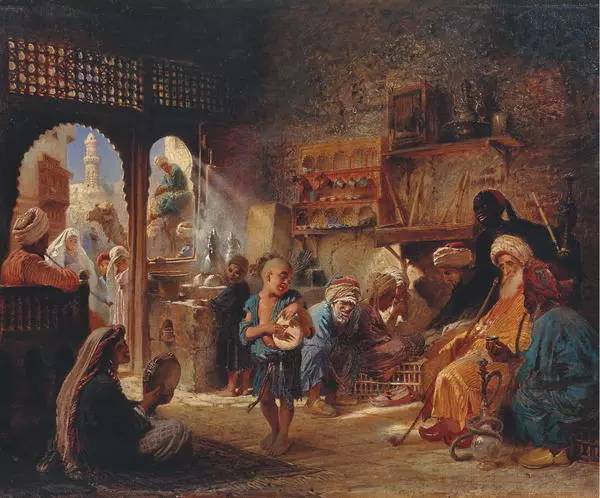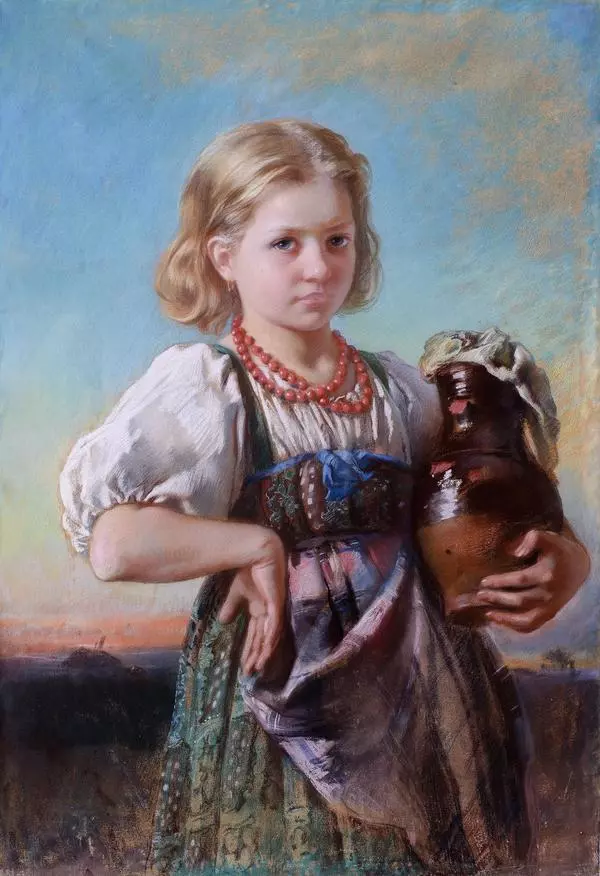Konstantin Yegorovich Makovsky (1839-1915) was born to a famous family, where each family member was involved in the artistic life of those years. He was the son of Yegor Ivanovich Makovsky (1800-1886), famous Moscow art lover, collector, one of the founders of the School of Arts, Sculpture and Architecture (andrew_egroups). A special atmosphere of art loving positively affected all generations of the family: his three sons and the daughter of Yegor Ivanovich became painters. Konstantin and Vladimir (1846-1920) became really famous. Their mother, Lubov Kornilovna (Kornilievna) Makovskaya (1800-1886) sang beautiful soprano, performed at concerts, gave singing lessons.
With his childhood spent in an atmosphere of creativity and being gifted by nature, Konstantin became a brilliant painter. The years of studying first at the Moscow School of Arts, Sculpture and Architecture, where his teachers were the followers of Karl Brulov, Apollon Mokritsky and Sergey Zaryanko, and then in the life class of the Academy of Arts in St. Petersburg were a great contribution to his brilliance.
Konstantin Makovsky began his creative career as a realist painter of the Democratic style by being among the founding members of the Association of Itinerant Art Exhibitions. Later he was officially recognized, with academic honours conferred on him. The painter’s mature style is distinguished by dramatic mastery. His pieces are very popular even today.
Konstantin Makovsky painted the portrait of Countess Elizaveta Andreevna Vorontsova-Dashkova (1845–1924) in 1855. Ne Countess Shuvalova, she was the wife of Count Illarion Ivanovich Vorontsov-Dashkov, minister of the Court of Alexander III, vicegerent in the Caucasus from 1905 to 1915. In Saratov Governorate, he had an estate in the village of Alekseevka, Khvalynsky uyezd. The Countess was a lady-in-waiting of Empress Maria Feodorovna, the wife of Alexander III. The painter portrays her as this particular kind of lady with a court status rather than as a merely rich noble woman.
According to recollections of her contemporaries, Elizaveta Andreevna was a dragon lady and sound housewife, who skilfully managed the majorat and was always surrounded by numerous relatives. The couple was extremely close and friendly, had four sons and four daughters. The Countess cheated death during the Civil War, and in 1920 left Russia for good with her children and grandchildren.
